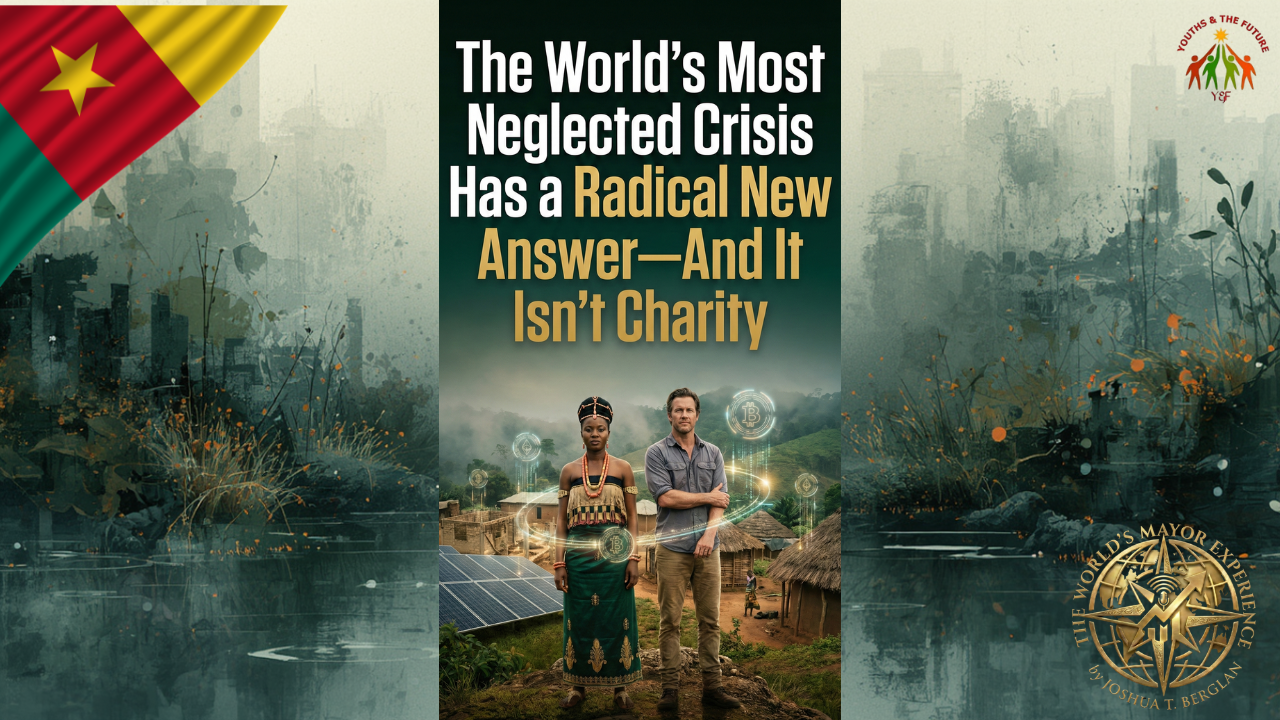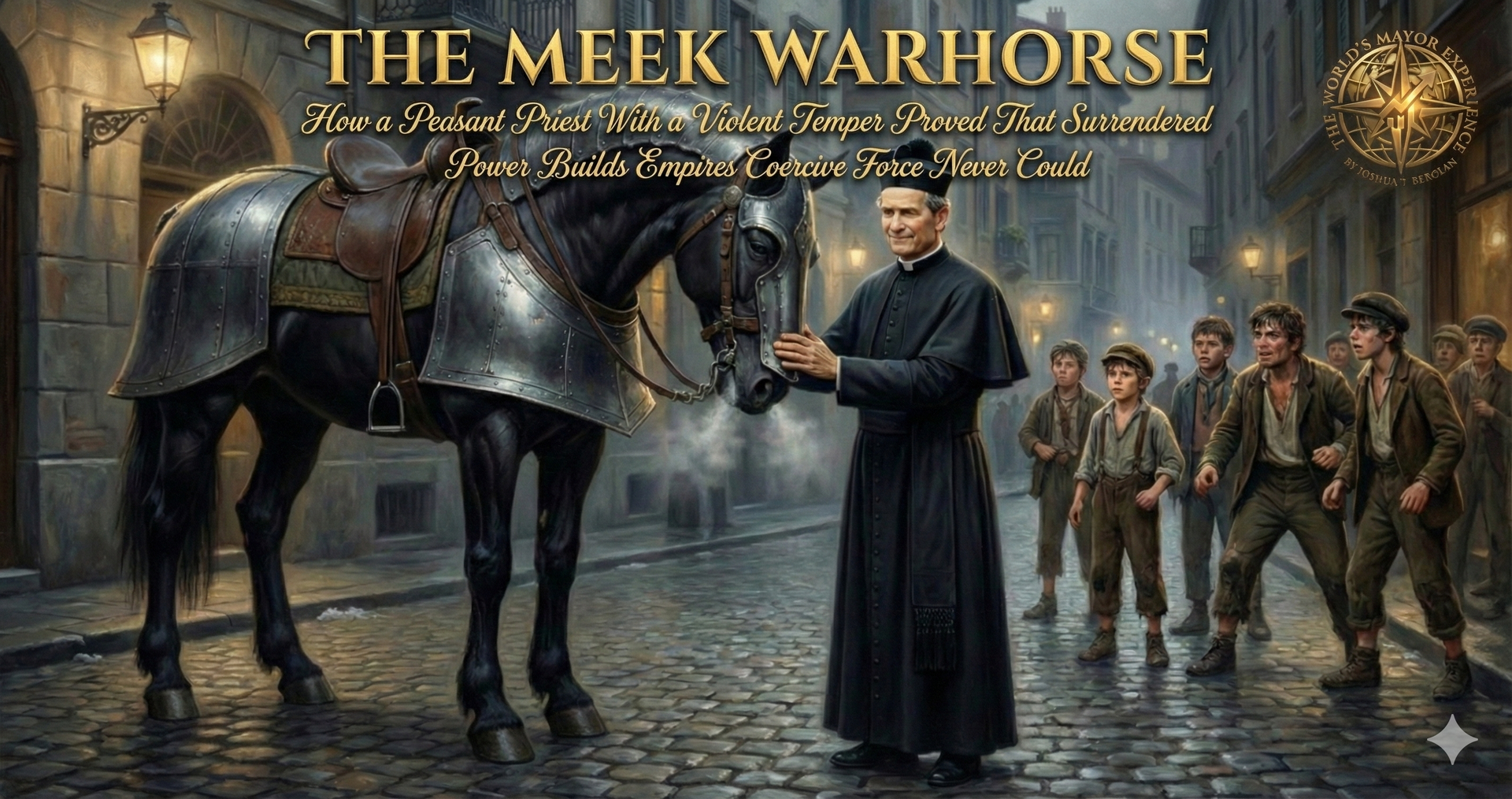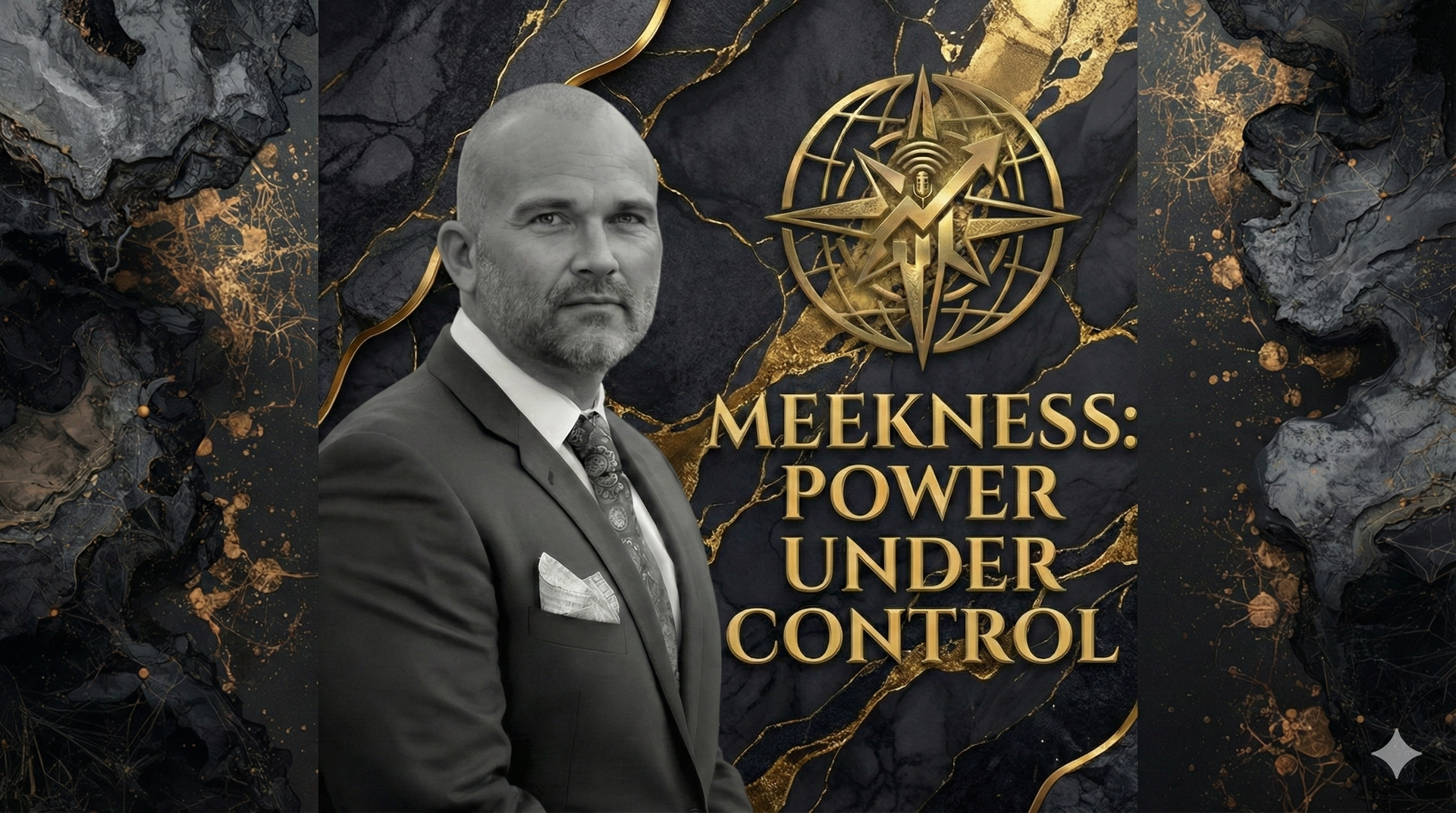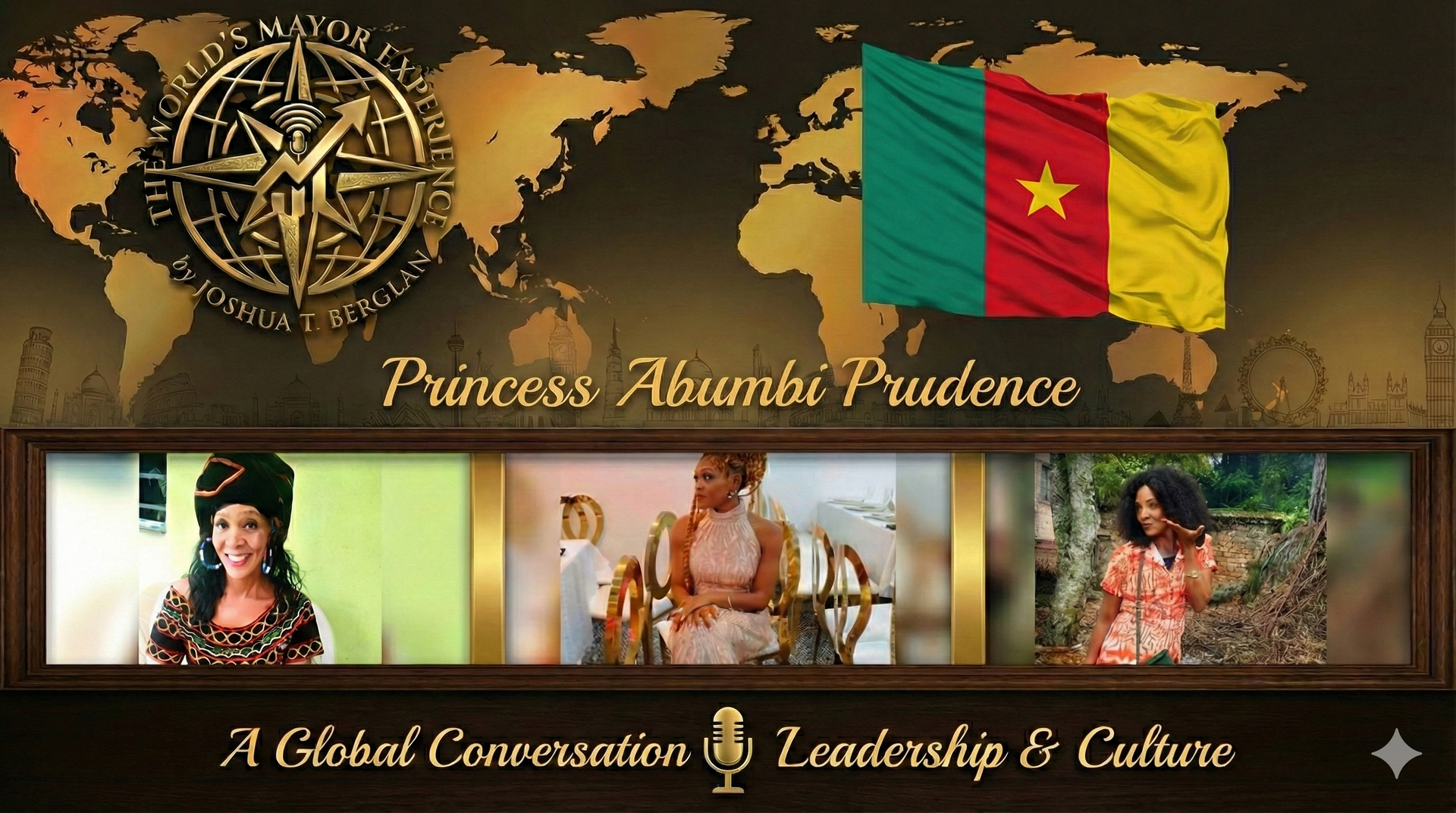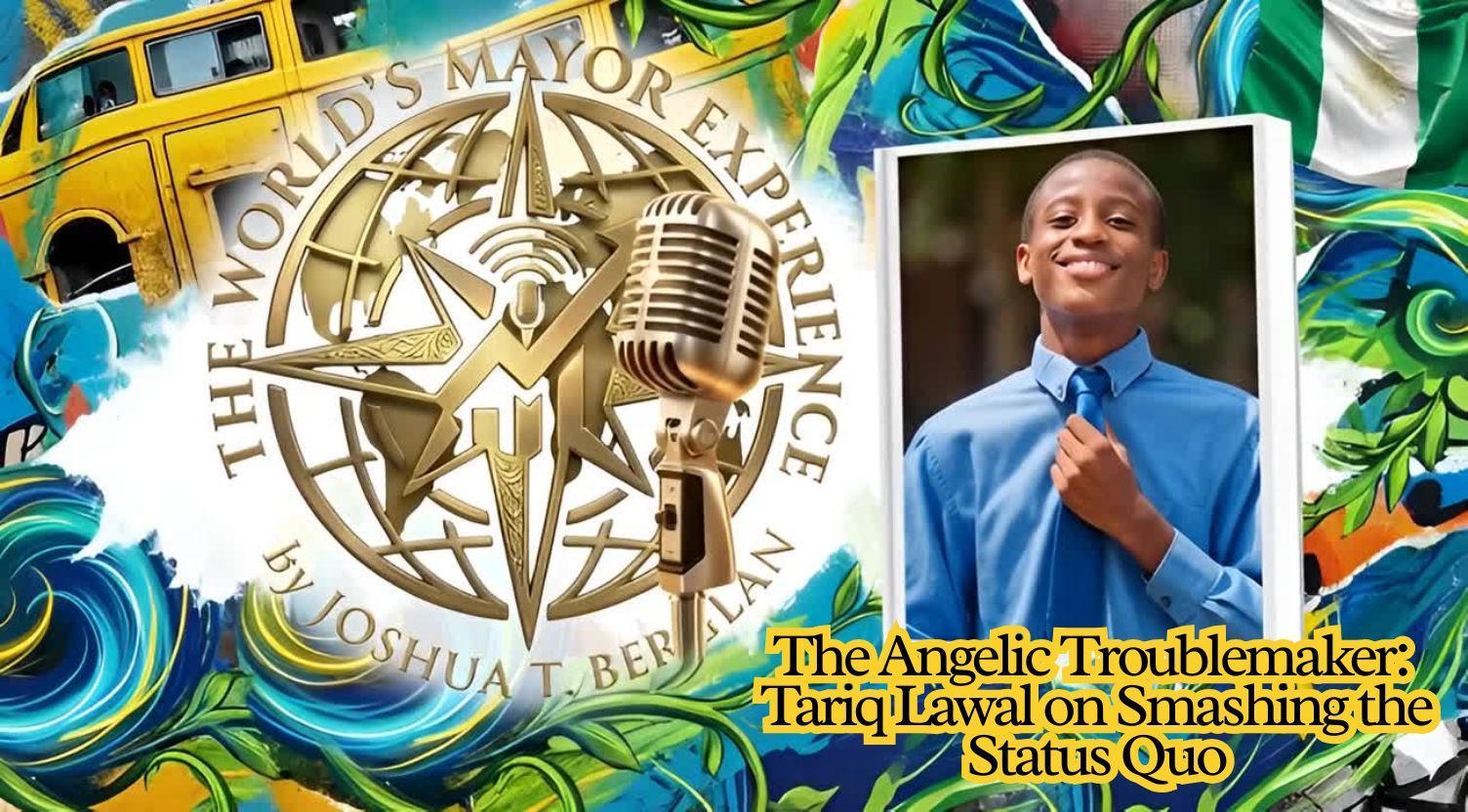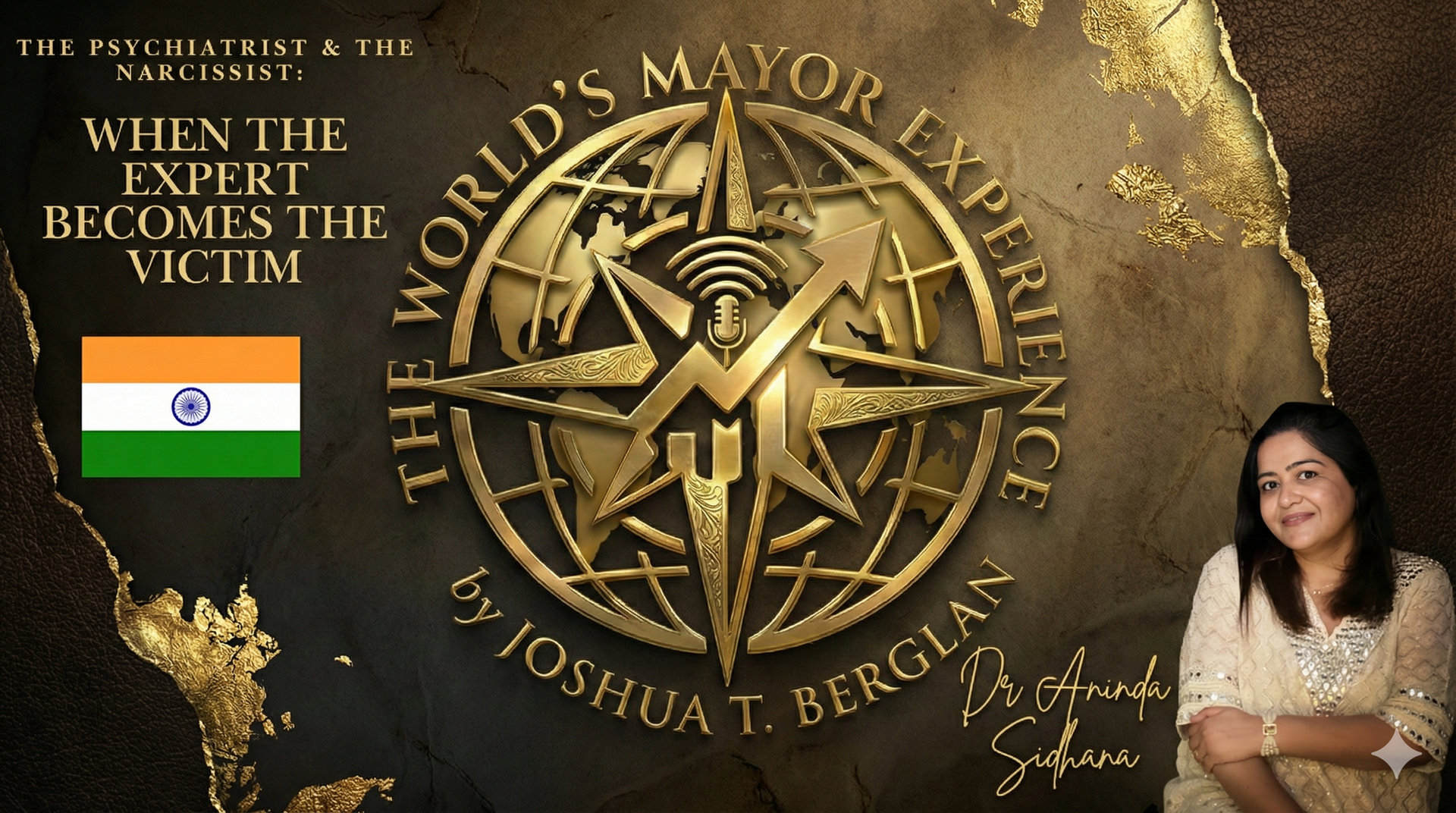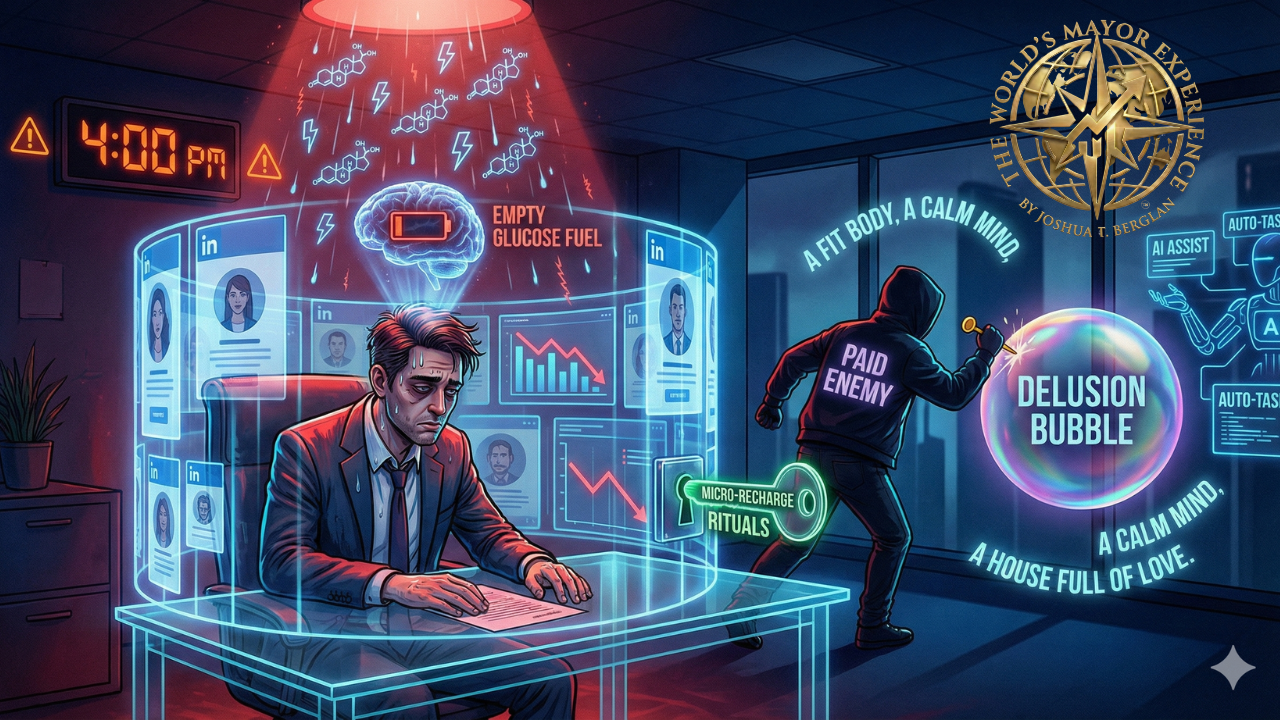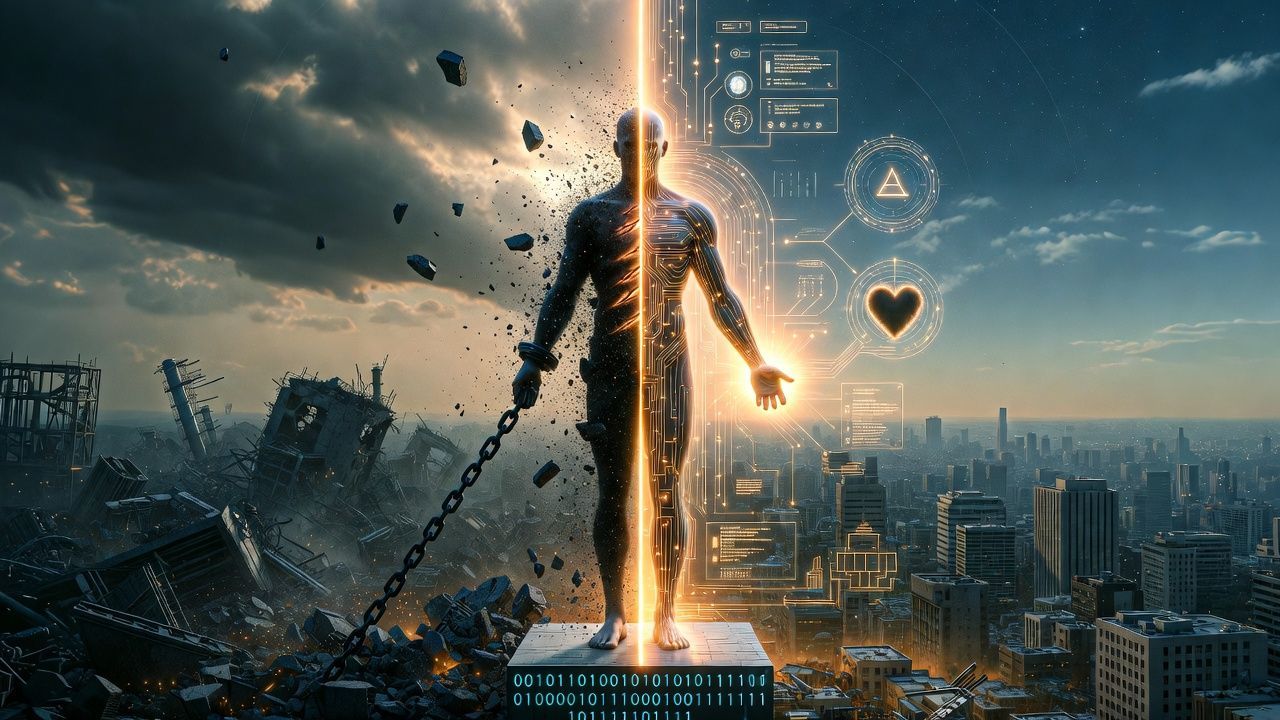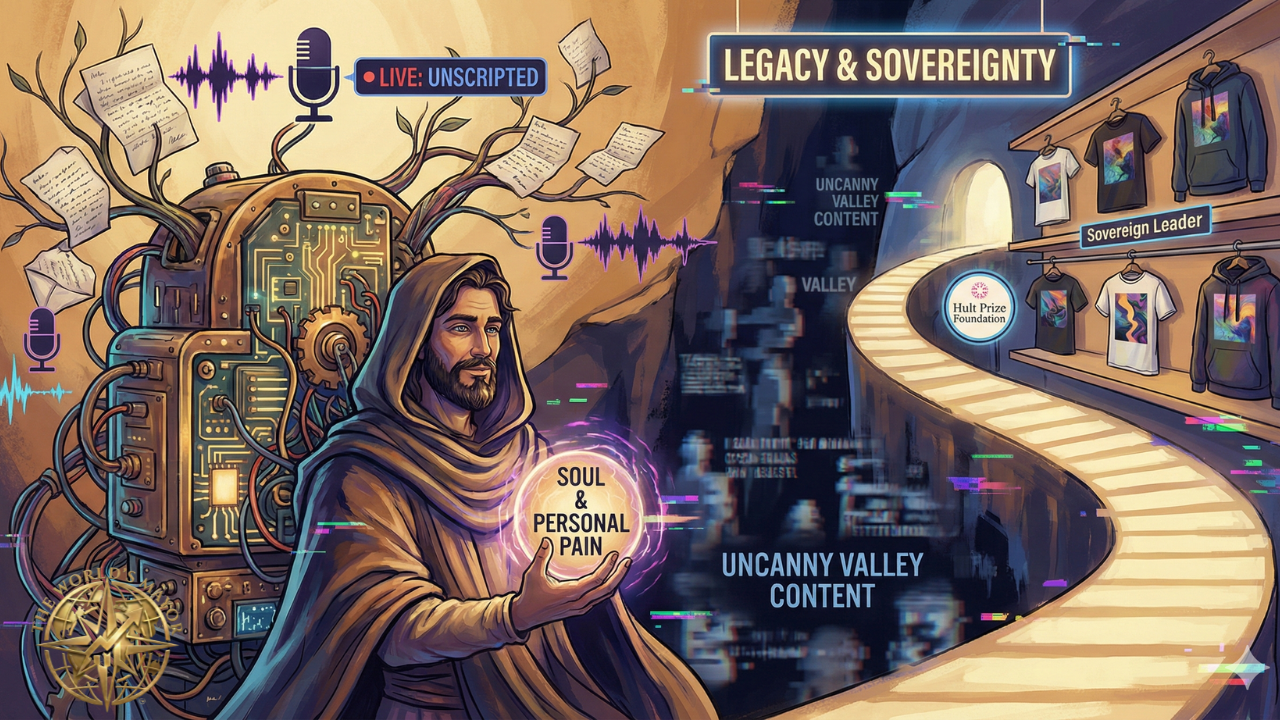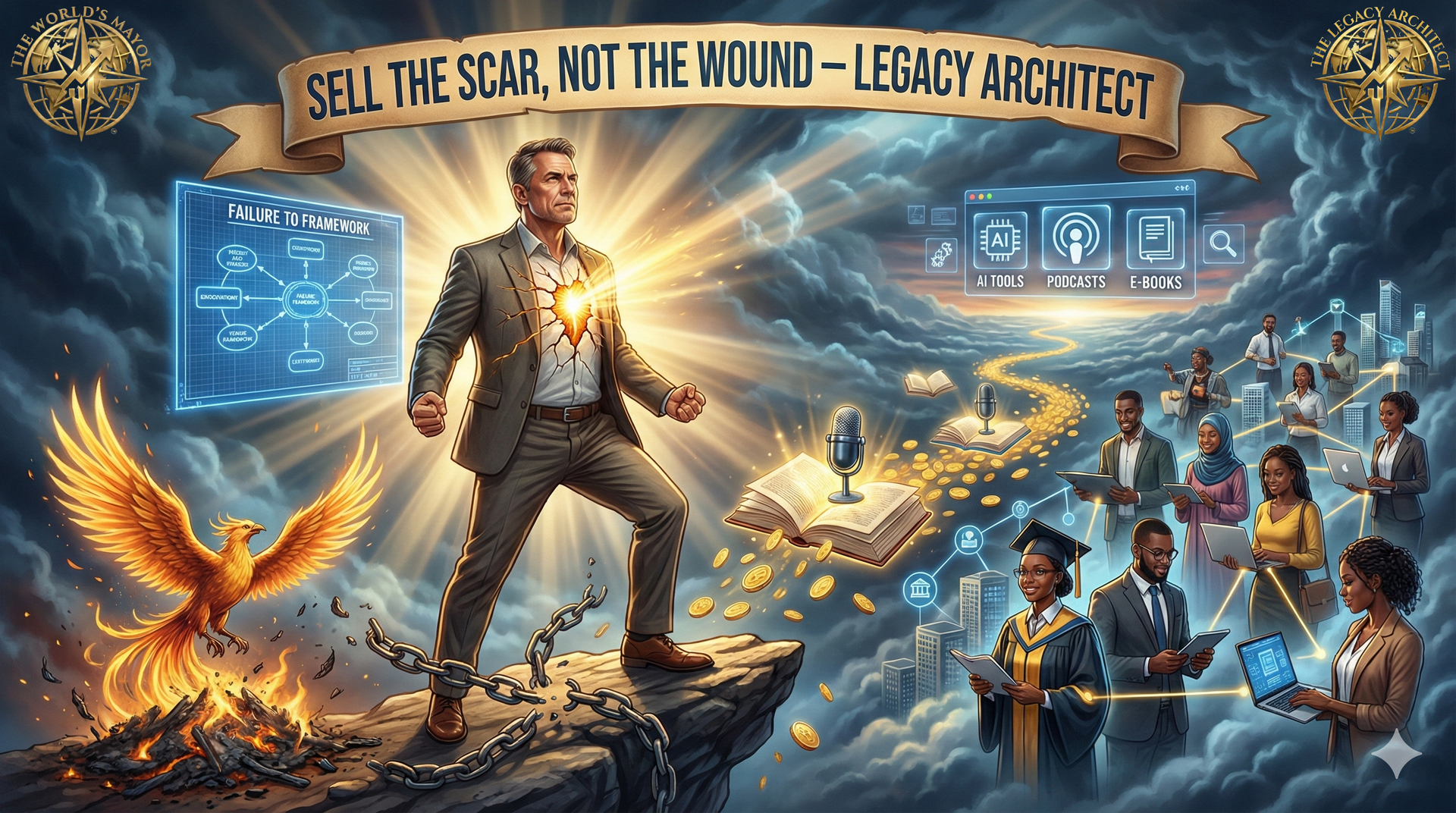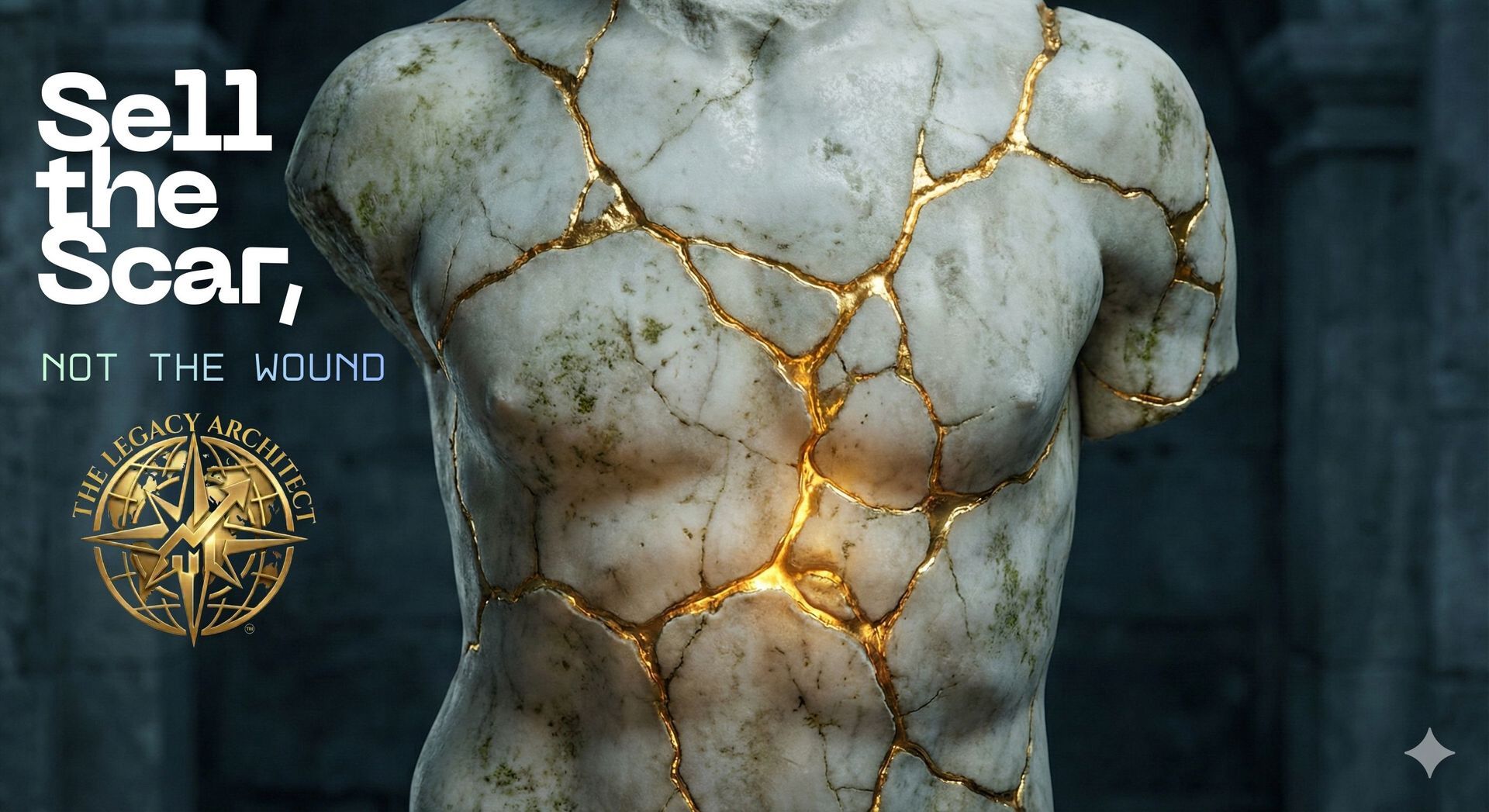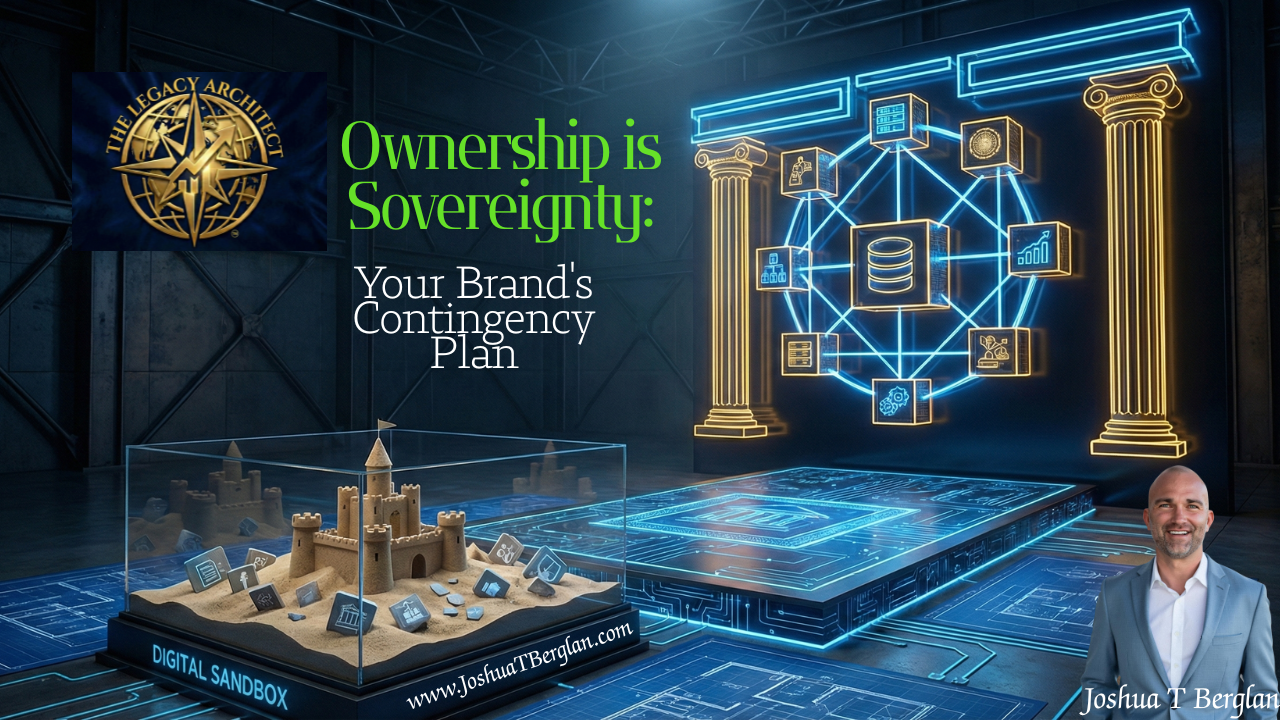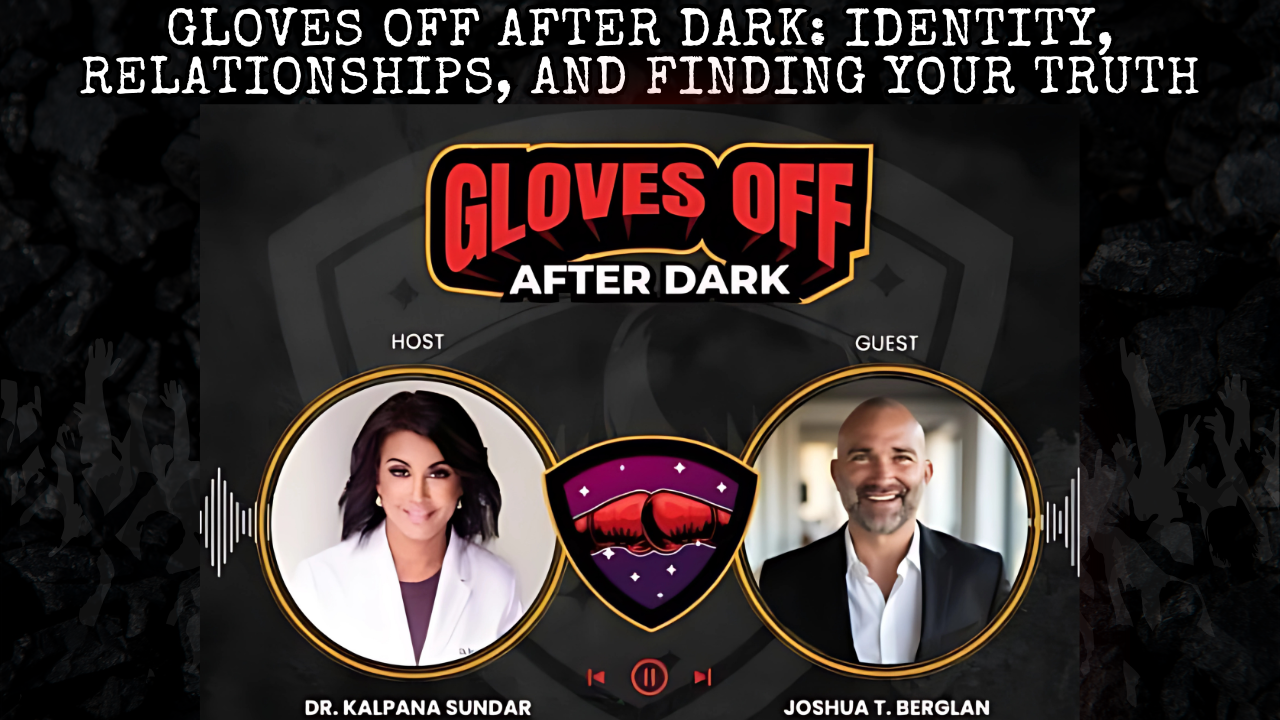I've Written Books on the Creator Economy. Here's the Massive Blind Spot We're All Ignoring.
By Joshua T. Berglan
As someone who is deeply invested in the promise of the Creator Economy, I am one of its biggest cheerleaders. The potential for individual sovereignty, for new forms of value, and for a renaissance of creativity is genuinely thrilling.
But I have to be blunt: We are having the wrong conversation.
Right now, our discussion is almost entirely focused on novelty and narrative. We talk about the "Creator Economy" (new tech, new platforms, new content) and the "Storytime Economy" (new personal brands, new narratives, new art). We celebrate the Substack writer, the YouTuber, the app developer, and the platform engineer.
And we absolutely should. This is a vital part of the new world we're building.
But it's only half the story. It's the sugar rush. It's the visible froth on the wave. And we are completely ignoring the massive, powerful current underneath: the maintenance and care work that makes all of this novelty possible.
The House of Cards We're Building
The greatest potential failure mode of the entire Creator Economy
is that it only values *newness*.
We are building a system that rewards the entrepreneur who builds a new venture, but not the nurse who keeps them healthy. We reward the programmer who codes a new app, but not the teacher who taught them how to think logically. We reward the influencer who creates a compelling narrative, but not the caregiver who creates the time and space for a parent to even *consume* that content, let alone create their own.
A society that only rewards the "new" simply re-creates a new hierarchy. It fails to level the playing field; it just changes the uniforms.
A society that celebrates the engineer but starves the teacher, that idolizes the influencer but ignores the community organizer, will collapse.
Period. The Creator Economy cannot exist without a " Care Economy
" to support it.
The Real Revolution: Redefining "Creator"
If we are serious about building a new system—like the Artifexian Governance model
I'm working on—we must start with a radically more inclusive and precise definition of "creator."
The definition we *need* is this:
A "Creator" is anyone who adds measurable social, cultural, or material value to the community.
This isn't just semantics. This is the entire foundation. When you use this lens, you see that the economy isn't just one or two types of people, but a "three-pillar" system.
The Three Pillars of Creation
1. Material & Technical Creators
Who they are:
The scientists, engineers, coders, artisans, builders, and farmers.
In the "Creator Economy" context:
These are the people building the platforms, the cameras, the AI models, and the infrastructure.
2. Cultural & Aesthetic Creators
Who they are:
The artists, writers, musicians, designers, and philosophers.
In the "Creator Economy" context:
These are the people we *think* of as "creators"—the YouTubers, podcasters, and Substack writers creating the content.
3. Social & Potential Creators
Who they are:
The educators, nurses, community organizers, mediators, and caretakers.
In the "Creator Economy" context:
This is the hidden pillar.
These are the people who *create human potential* and social cohesion. They are actively, not passively, *creating* the healthy, educated, and stable society that Type 1 and Type 2 creators need to exist.
The Path Forward
The *real* promise of the Creator Economy isn't just about helping more people monetize a newsletter.
The real revolution is building systems that can finally see, measure, and reward the value of all three pillars.
We need governance models and economic tools that value the creation of a well-educated child as much as the creation of a viral video. We need to value the creation of a healthy community as much as the creation of a new app.
The "Creator Economy" as we discuss it today is just the first, flashy step. The "Creator Society" is the real goal. And we can't get there until we agree on who is actually doing the creating.








